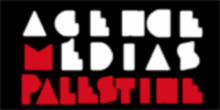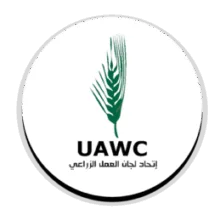As COVID-19 arrives in Gaza, Israelis launch a campaign raising funds and calling on their government to take responsibility for the crisis in the Strip.
By Yaara Benger Alaluf, Hadas Pe’ery, Adi Golan Bikhnafo and Guy Shalev April 2, 2020.
The new coronavirus has reached Gaza, and it is terrifying to imagine the potential outcome of a mass spread of COVID-19 in the besieged Strip. This is true not only because of how deadly the virus can be in the absence of a vaccine, but also because of the specific conditions in Gaza. The enclave has an extremely high population density and a dilapidated infrastructure, the result of lethal and disproportionate military attacks that Israel carries out every few months — most recently only a few days ago.
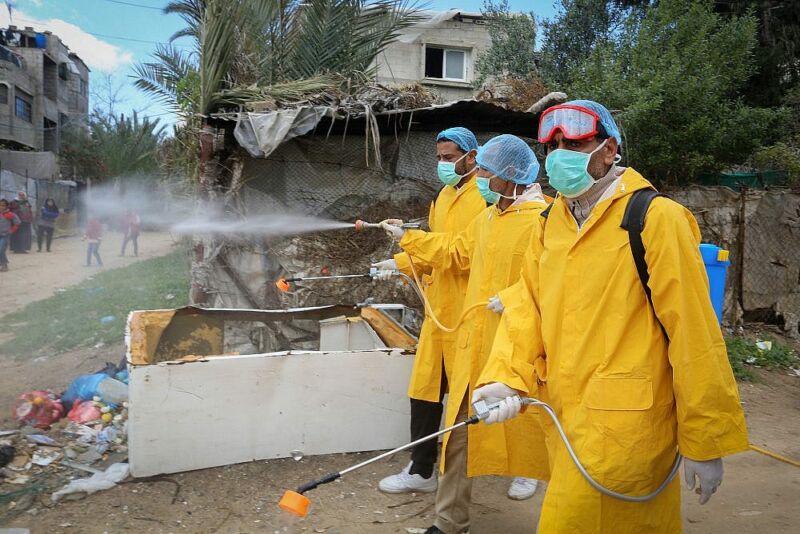
If countries with potent economies, advanced health systems, and strong social security networks struggle to cope with the pandemic, what will the effects be on Gaza? The mass infection and death toll we have witnessed in China, and that we are now seeing in Italy, Spain, and the United States, are but a taste of what may happen if the virus wreaks havoc across the world’s largest prison.
When we think of the inevitable disaster ahead of us, we also fear the ongoing indifference of the Israeli public toward the situation in Gaza. But the COVID-19 crisis also holds the potential for us to rethink our reality, question common sense, value our shrinking freedoms, reshape our priorities, and stand in solidarity.
That is why we, a group of Jewish Israelis, have launched an independent campaign called “Epidemic in Gaza” to raise awareness and express solidarity with Palestinians in Gaza. Our hope is that in a moment of crisis, when we are anxious about the health and well-being of those closest to us, we can nonetheless find room to acknowledge our responsibility for the reality taking place just a few miles away. It is our duty to provide instant aid and, more importantly, to call for an immediate shift in Israel’s inhumane policies toward the people of Gaza.
It becomes clearer by the day that the pandemic is not only a health emergency but also a testament to the crisis of public health systems and social services. It was neither the bats in China that decreased the number of hospital beds in Israel nor the pangolins who crushed public housing. The high poverty rate in Israel was not caused by a misdirected cough. Similarly, the damage and agony that Gaza may now experience would not be the outcome of the virus alone, but of Israel’s policies.
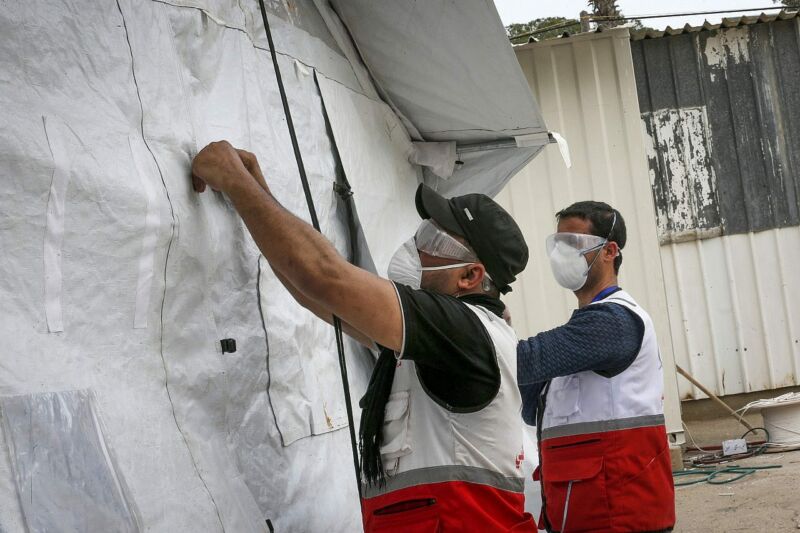
Professor Yehia Abed of Gaza’s Al-Quds University, a public health specialist and an advisor to the Palestinian Health Ministry on the coronavirus pandemic, participated in a J Street webinar on March 26 in which he addressed medical professionals’ efforts in Gaza. Prof. Abed emphasized the huge gap between the resources available in Israel to fight the pandemic and those available in the Strip, the result of decades of control and oppression.
He further stated that Palestinians in Gaza hold Israel responsible for the deterioration of their healthcare system. As such, they consider it the state’s obligation to provide the medical supplies needed to fight the pandemic. This is not an act of charity, but rather Israel’s duty to provide such aid. Likewise, human rights organizations, includingPhysicians for Human Rights – Israel, B’Tselem, and Gisha have insisted on Israel’s responsibility — both morally and by virtue of international law — for the health of the people of Gaza.
“Why is it our responsibility?” many Israelis may ask. After all, it was two Gazans returning from Pakistan through Egypt who brought the virus to the Gaza Strip — so why should Israel be held accountable? Yet even though it was not Israel who introduced COVID-19 to Gaza, Israel is accountable for the Strip’s inability to combat the looming crisis effectively.
Not just immediate aid, but a call for a change of policy
We must not forget: most Palestinians in Gaza are refugees from the 1948 war who are barred from returning to their homes and land by Israel. This is the root cause of poverty and overcrowding in Gaza. How is it possible to keep a “safe distance” and avoid crowded places when the population density is over 5,000 people per square kilometer?
Israel continues to control most aspects of life in Gaza, even after its “disengagement” in the summer of 2005. It controls the airspace, territorial waters, and all land crossings except Rafah, which is operated by Egypt. It monitors the goods that enter Gaza and limits the import of medical equipment. It restricts the supply of water and electricity.
How is it possible to maintain good hygiene when more than 95 percent of water in Gaza is polluted and when the sewer systems are collapsing? How is it possible to face a pandemic when supplies of cleaning products and disinfectants are barely sufficient and there are only 70 ICU beds and 60 ventilators to serve a population of over two million?
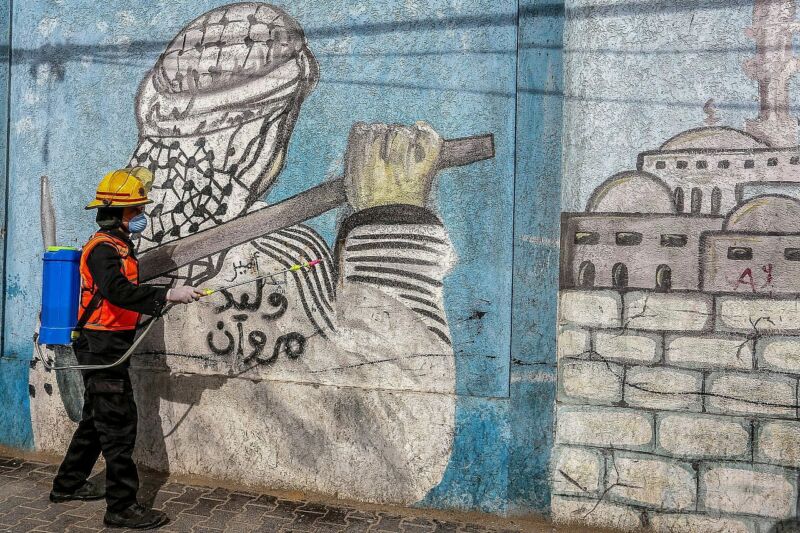
With rising unemployment and few possibilities to emigrate to other countries, around 6,000 Gazans work in Israel, predominantly in construction and agriculture. However, due to tightening movement restrictions in light of the coronavirus outbreak, Palestinian laborers from Gaza are no longer allowed into Israel. Needless to say, they receive neither aid nor compensation.
Israel has also further restricted movement in and out of the Strip for patients who need urgent medical care. This policy has not changed, even as the first cases of COVID-19 appeared in Gaza.
The emergency campaign that we began this week aims to express direct support and provide aid for dealing with the spread of the coronavirus in Gaza. But this action also aims to promote reflective solidarity that acknowledges the power imbalance between the Gaza Strip and Israel and refuses to normalize Israel’s violence or diminish its accountability for the lives and welfare of those besieged in Gaza.
We were pleasantly surprised by the response to the campaign. Within three days, we reached our initial goal of NIS 20,000, and we have only 10 more days to reach our new goal of NIS 50,000. The funds will be used to purchase hand sanitizer and other medical equipment to be transferred to Gaza by Physicians for Human Rights – Israel as soon as possible. We also received dozens of touching responses, including from fellow activists in Gaza.
In these maddening times of uncertainty and concern for those we hold dearest, we see a fissure of compassion and an opportunity to stand in solidarity with our sisters and brothers beyond the border fence. We seek to expand this fissure. We wish to take advantage of this rare moment of potential for radical change in order to see the bigger picture, identify ongoing oppressions, and work toward a better reality.
This situation cannot go on. Israel must remove the blockade, end the siege, and act responsibly in order to promise a better future for all inhabitants of this region. The sustainable solution for Gaza is not ad hoc humanitarian aid, but rather full liberation from occupation and siege.
Guy Shalev, Adi Golan Bikhnafo, Hadas Pe’ery, and Yaara Benger Alaluf are the initiators of the campaign Epidemic in Gaza עזה במגפה وباء بغزة.
A version of this article was originally published in Hebrew on Local Call. Read it here.
Dr. Yaara Benger Alaluf is a historian and a feminist political activist.
Hadas Pe’ery is a musician and political activist.
Adi Golan Bikhnafo is an artist and political activist.
Dr. Guy Shalev is a medical anthropologist at Hebrew University’s Martin Buber Society of Fellows.View online : this article on +972mag website






